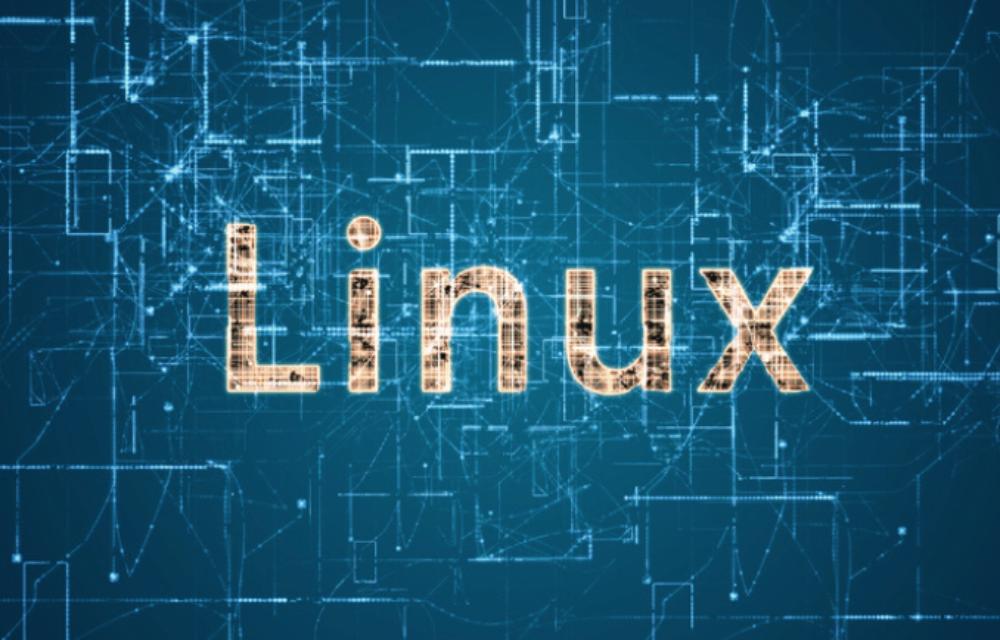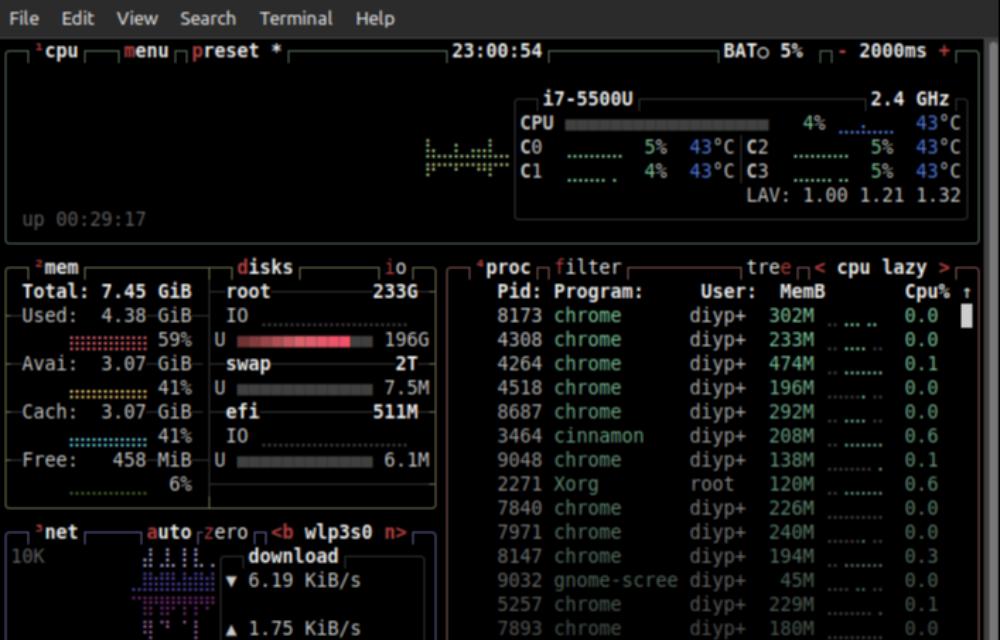
The Scandinavian Middle East Research Institute (SMERI)
Author: SMERI

The Scandinavian Middle East Research Institute
Author: Dil

The Linux Kernel - Report
Author: Diyar Parwana
Why Linux is a Far Better Option Than Windows
Diyar Parwana

For those willing to explore beyond Windows, Linux offers a faster, safer, and more efficient computing experience.
For decades, Microsoft Windows has dominated the desktop operating system market, but Linux has steadily grown as a powerful, secure, and efficient alternative. Whether you're a developer, a business, or just a regular user, Linux offers superior performance, security, and freedom compared to Windows. Here’s why Linux is the better choice.
1. Open Source and Free (No Hidden Costs)
Linux is completely free to download, install, and use. Unlike Windows, which requires expensive licenses and activation keys, Linux distributions such as Ubuntu, Fedora, and Debian are available at no cost. Additionally, being open-source means the code is transparent, allowing anyone to inspect, modify, and improve it.
Windows, on the other hand, locks users into paid upgrades and subscriptions, making it a more expensive option in the long run.
2. Superior Security and Privacy
Linux is inherently more secure than Windows due to its permission-based architecture and smaller attack surface. Malware and viruses targeting Linux are extremely rare, and the system's robust user privilege model prevents unauthorized changes.
Windows, with its widespread use, is a frequent target for cyberattacks. Users often require additional antivirus software, which can slow down the system and add unnecessary costs.
3. Better Performance and Efficiency
Linux is lightweight and optimized for performance. It runs smoothly even on older hardware, extending the lifespan of computers that would struggle with modern Windows versions. Unlike Windows, which often includes bloatware and background processes, Linux allows users to install only what they need, resulting in faster and more responsive performance.
Windows tends to consume more system resources, leading to slower boot times and reduced efficiency, especially on low-end machines.
4. Full Customization and Control
Linux provides unparalleled customization options. Users can choose from numerous desktop environments (such as GNOME, KDE, or XFCE) and tailor the system to their preferences. Advanced users can even modify the kernel itself for specialized needs.
Windows offers limited customization, locking users into a predefined interface and restricting deep system modifications.
5. No Forced Updates or Bloatware
Linux allows users to update their systems at their convenience without disruptive forced reboots. Additionally, most Linux distributions come with minimal pre-installed software, giving users the freedom to install only the applications they need.
Windows is notorious for mandatory updates that interrupt work and install unwanted features. Many Windows installations also come with bloatware that cannot be easily removed.
6. Ideal for Developers and Programmers
Linux is the preferred choice for developers due to its native support for programming tools, scripting, and server environments. It includes powerful command-line utilities and supports a wide range of development frameworks out of the box.
While Windows has improved its developer tools with WSL (Windows Subsystem for Linux), it still lacks the seamless integration and efficiency of a native Linux environment.
7. Stability and Reliability
Linux is known for its stability, often running for months or even years without needing a reboot. Servers, supercomputers, and critical infrastructure worldwide rely on Linux for its dependability.
Windows, while improving, still suffers from occasional crashes, update-related issues, and performance degradation over time.
8. Community and Support
Linux has a vast, active community that provides free support through forums, documentation, and tutorials. Many distributions are backed by large organizations (e.g., Red Hat, Canonical) offering professional enterprise support.
Windows support often requires paid services, and user forums are filled with unresolved issues due to the closed-source nature of the system.
Conclusion: Linux is the Clear Winner
While Windows may be more familiar to average users, Linux surpasses it in nearly every technical aspect:
-
Cost: Free vs. expensive licenses.
-
Security: Built-in protection vs. vulnerability to malware.
-
Performance: Lightweight vs. bloated and slow.
-
Customization: Full control vs. restricted options.
-
Reliability: Stable vs. prone to crashes.
For those willing to explore beyond Windows, Linux offers a faster, safer, and more efficient computing experience. Whether for personal use, development, or enterprise solutions, Linux is the superior choice.
Make the switch today and experience the difference.
Published: 2022-10-11
I found this article on the internet, written by a computer engineer from Sweden